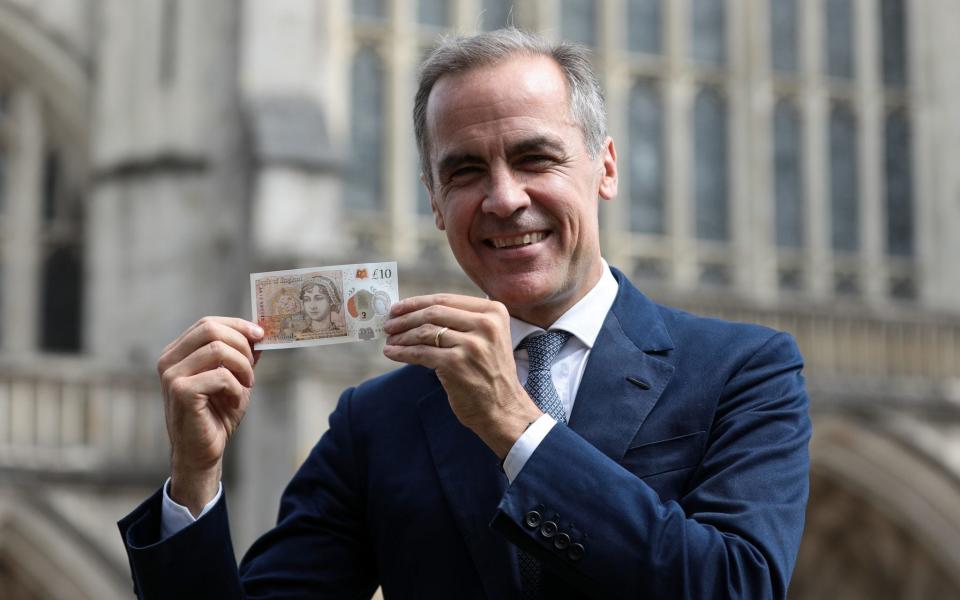New £10 enters circulation: when do I have to stop spending the old note?

Today sees the launch of the new £10 note featuring Jane Austen, the only woman to appear on an English bank note. But how much longer do you have to spend your old notes, and when will you start to see the new ones?
When will the new note be introduced?
The new £10 note has been put in to circulation by the Bank of England today. It is a polymer note, like the recently introduced £5 note.
Paper banknotes are slowly being replaced by plastic notes, which are more secure and resilient to counterfeiting, more resistant to dirt and more durable. For example, the new £10 is expected to last at least 2.5 times longer than its paper predecessor – around five years in total, according to the Bank of England.
Code:

How long do I have to spend my old notes?
The old £10, which has the face of Charles Darwin on it, will be gradually phased out, so you can still use them for now and shops will have to accept them.
They will be officially withdrawn from circulation in spring 2018 - but the Bank of England will issue a warning at least three months ahead of the actual date.
In the period in between the Bank will gradually withdraw the old notes, replacing them with new ones, as shops and businesses hand them over at banks.

After the old note is withdrawn, the Bank of England said: "Genuine Bank of England notes that have been withdrawn from circulation retain their face value for all time and can be exchanged at the Bank of England."
Anyone who wants to exchange them at the Bank of England can do so in person or send them to Department NEX, Bank of England, Threadneedle Street, London EC2R 8AH. They will also need to fill out a form, here, and copies of identification may be required for those who exchange £1,000 or more.
Those who want to exchange their old notes for shiny new ones can also do so at their high street bank. Just take them in to any counter and ask to swap them. It's up to each bank whether they exchange the notes for non-customers, so you're better off going to your own bank if possible.
More information can be found at the dedicated website, here.

Can I use the new notes in ticket machines?
Shops and businesses are being urged by the Bank of England to prepare for the new note launch to minimise the disruption to customers.
Anyone with "cash handling machines", such as desktop money counters, self-service checkouts, ticket machines, ATMs and any other machine that weighs, counts, sorts, accepts, dispenses or recycles banknotes, is being urged to adapt and update machines before this week's launch. However, not all businesses will be ready by Thursday.
Isn't a new £20 note coming too?
Yes, a new polymer £20 banknote will be issued in 2020. The new note will feature the face of British artist JMW Turner. A new polymer £50 will be launched too, featuring Matthew Boulton and James Watt, who manufactured steam engines during the 18th and 19th centuries.


 Yahoo Finance
Yahoo Finance 